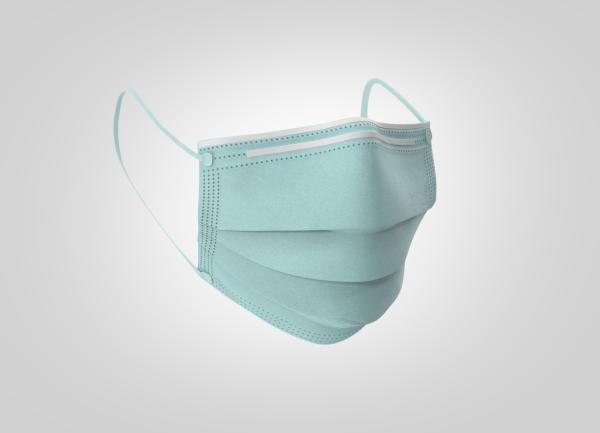"Inserting a filter into a stream of particles will capture some of them."
Here are some fundamental considerations.
- Physics, i.e., the size and concentration of the particles as well as the pore size of the filter and velocity of the airstream.
- The transmission of the particle, i.e., the distance and speed across the airspaces involved, the viability of airborne particles over those distances, and the dilution through ventilation. The diligence of wearing a mask and the contagiousness of the exhaled particles.
- The reception of the particle, i.e., the rate of deposition and viability of the virus within the respiratory tract, the rate of breathing, and the diligence of wearing a mask.
Each parameter's probability distribution within the population (spatial variability) may change over time (temporal variability). Adverse COVID-19 outcomes require multiple, simultaneous high probabilities, the combinations of which result in low mask effectiveness at the population level.
It may be helpful to consider the other side of the coin for real-world populations, i.e., when precautions are not taken. For example, a review of COVID-19 outbreaks in indoor places of worship reported attack rates of up to 87% for choir practices [1] that involved mask removal, close contacts, and high exhalation rates.
The Cochrane Report [2] is concerned about uncertainties that precluded definitive conclusions. Consider these:
What do we know? Millions of people have used face masks.
How do we know it? Various surveys have provided data.
What questions remain? Can current mask designs stop the smallest virus particles?
What do we know? Face masks can collect virus particles.
How do we know it? Laboratory experiments have shown this.
What questions remain? Are masks being appropriately used?
What do we know? Adverse COVID outcomes have been reduced by masking.
How do we know it? Outcomes are worse when masking is precluded (church choirs).
What questions remain? What have the benefits of masking been shown in populations?
What do we know? There is little or no downside aspect of mask usage.
How do we know it? Almost 80% of the population complied in the early stages of the pandemic.
What questions remain? Will mask usage continue to be a significant factor if use continues to decline?
Should We Continue to Wear Masks?
Probabilities of adverse COVID outcomes remain low; only about 1% of cases are fatal, and only about 1 in a million U.S. residents is infected daily. Nevertheless, COVID consequences can be dire. About 11% of the U.S. population suffers from long-COVID, for which there are no known remedies; few of us would drive with an 11% risk of chronic injury. For me, the relevant question is where or when should I wear a face mask?
If I am the source:
- Where you are near potential indoor receptors for more than a few minutes.
If I am a potential “receptor”:
- Where you are near known sources for more than a few minutes.
- Where you are in a closed space formerly occupied by known sources.
- When you feel debilitated or especially vulnerable.
“Masks are a tool, not a talisman or a magic wand. They have a role to play when used appropriately and consistently at the right times. They should not be dismissed or demonized.” – New York Times
[1] Outbreaks of COVID-19 in indoor places of worship: a systematic review. Perspective Public Health. DOI: 10.1177/17579139221118218.
[2] Physical interventions to interrupt or reduce the spread of respiratory viruses. Cochrane Database DOI: 10.1002/14651858.CD006207.pub6.
Sources: “Here’s Why the Science Is Clear That Masks Work” NY Times



